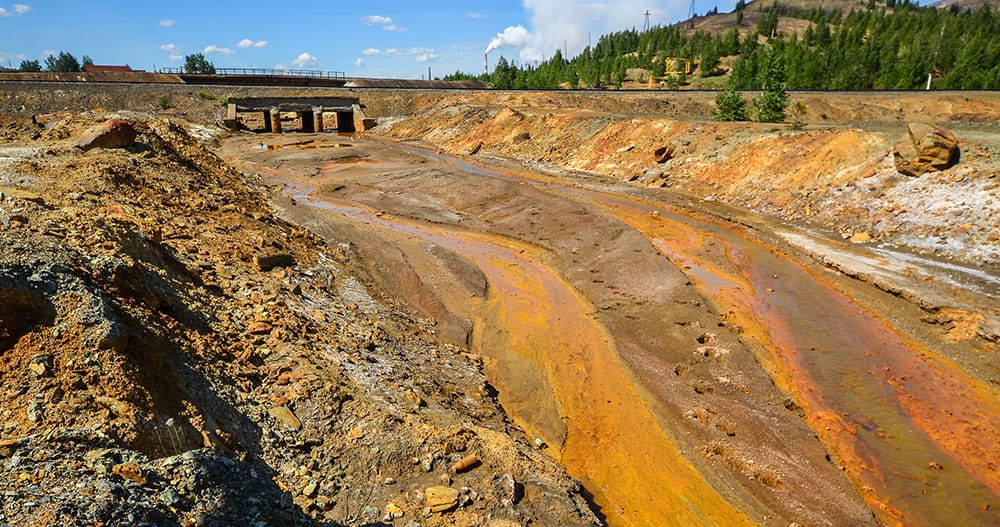The “polluter pays” principle states that the party who caused the contamination should be held responsible to pay for the costs of that contamination. It is one of the foundational principles of environmental law in Canada. However, there are other principles at work in Canada’s environmental law regime and a recent Ontario case is an implicit recognition of those principles.
The Law Times recently wrote about Hamilton Beach Brands Canada Inc. v. Ministry of the Environment and Climate Change, 2018 ONSC 5010, where property tenant, Hamilton Beach, was ordered by the Ministry to delineate off-site contamination that occurred during occupancy of a former company. Hamilton Beach is seeking leave to appeal the decision. Their position at trial was that s. 18 of the Environmental Protection Act, which allows an order to be issued to a person despite the fact that they are not at fault for the subject contamination, is overly broad given its lack of geographic scope. They argue that given the no-fault aspect of s.18, the authority it provides should be limited to ordering the owner to act only on the contaminated site – not on adjacent properties where the contamination may have spread.
Counsel with the Canadian Environmental Law Association (CELA), intervenors at the Divisional Court appeal, reiterated that courts often look to international law principles to interpret domestic legislation.
We explain to Law Times that there is obvious concern that the scope of s.18 orders could easily require those with no real connection to the contaminating act to clean up neighbouring contaminated properties. However, we agree it’s clear that the while the polluter pays principle is often the preferred approach, comprehensive environmental regulation must incorporate other principles in order to help ensure a clean environment. Those other principles, such as the prevention and precautionary principle, are clearly part of Ontario’s environmental regime and serve to value environmental protection above fault-based liability.
We emphasize that this decision, if left to stand, will expand the risks of property transactions and should force those purchasing potentially contaminated properties to a higher level of pre-purchase due diligence in order to properly understand those risks.
You can read the full article in the Law Times here.
If you have any questions regarding the responsibility of contaminant remediation or environmental law, please contact our Disputes & Litigation team.






